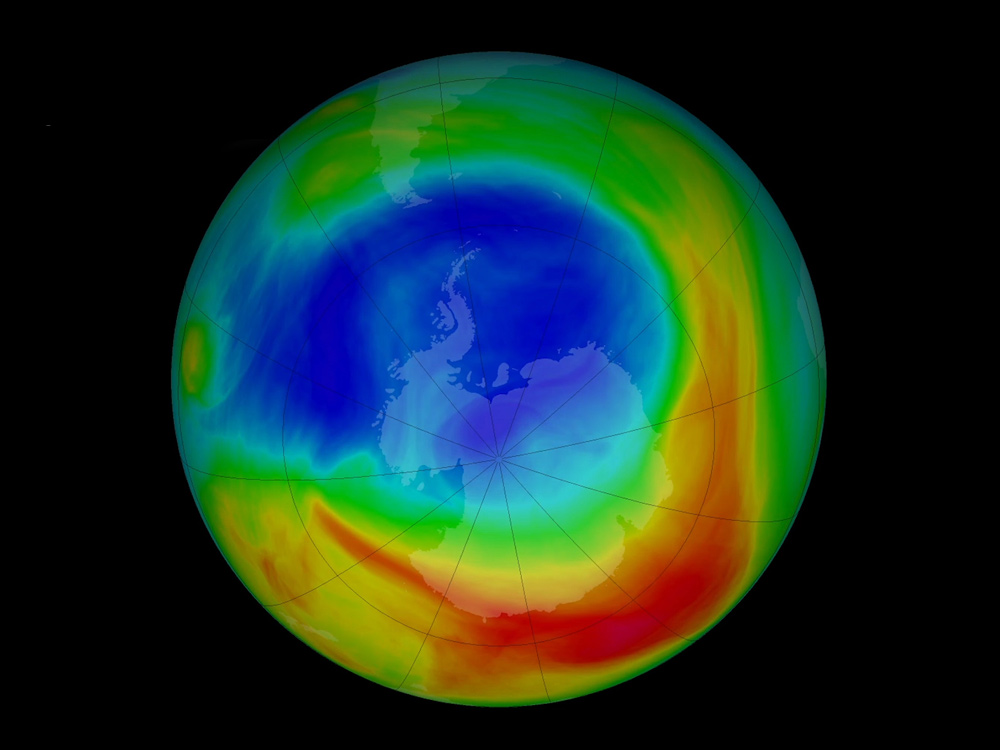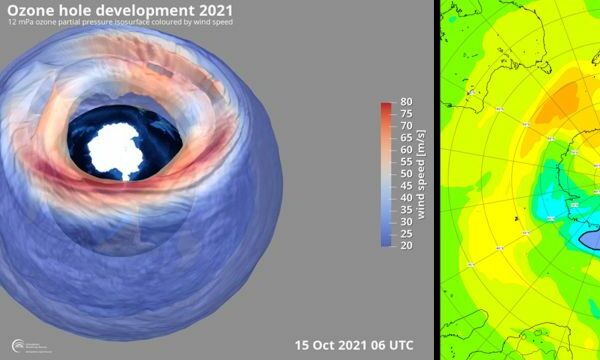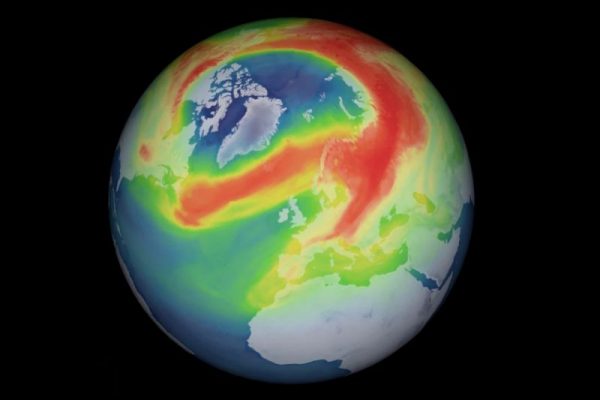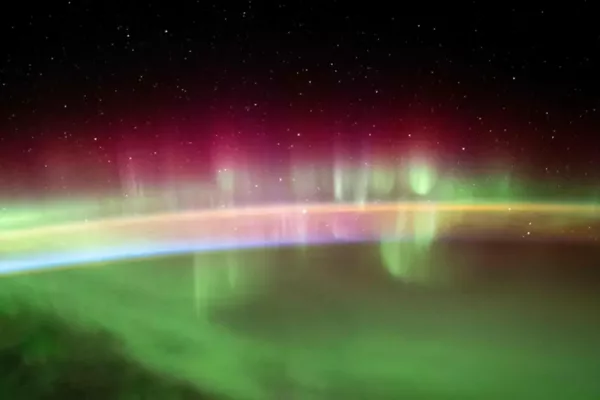Ozone Layer Hole is Bigger than Antarctica in 2021
A report has revealed that the hole in the ozone layer that develops annually has grown bigger than Antarctica in 2021. Researchers from the Copernicus Atmosphere Monitoring Service said that this year’s hole is increasing rapidly and is larger than 75 percent of ozone holes since 1979.
The world celebrated International Ozone Day on September 16, in order to spread awareness among people about the damages humankind inflicts on the earth’s protective layer. This year’s theme is ‘Montreal Protocol keeping us, our food, and vaccines cool.’
The Montreal Protocol began as a global agreement to protect the ozone layer, making it one of the most important and successful environmental agreements.

Image: NASA
Every year, a hole appears in the protective layer in the stratosphere during the late winter of the southern hemisphere as the sun instigates ozone-depleting reactions, involving chemically active forms of chlorine and bromine from man-made compounds.
The service’s director, Vincent-Henri Peuch, said;
We cannot really say at this stage how the ozone hole will evolve. However, the hole of this year is remarkably similar to the one of 2020, which was among the deepest and the longest-lasting – it closed around Christmas – in our records since 1979.
Scientists admit that the depletion in the ozone layer is triggered by human-made gases called CFCs, first developed in the 1930s for use in refrigeration systems. When released into the atmosphere, these chemicals are broken down by high-energy UV radiation, further destroying ozone molecules.
Given their harmful impact, the CFCs have been banned in 197 countries. Since the ban, the ozone layer has shown signs of recovery, albeit at a slow pace. During recent years with typical weather conditions, the ozone hole has usually grown to an extreme of 20 million square kilometers.
The hole returns to its normal size by December end. However, on this occasion, one must question the impact of human activities on the ozone layer and what will happen if we fail to revive it.
Via: CNN


